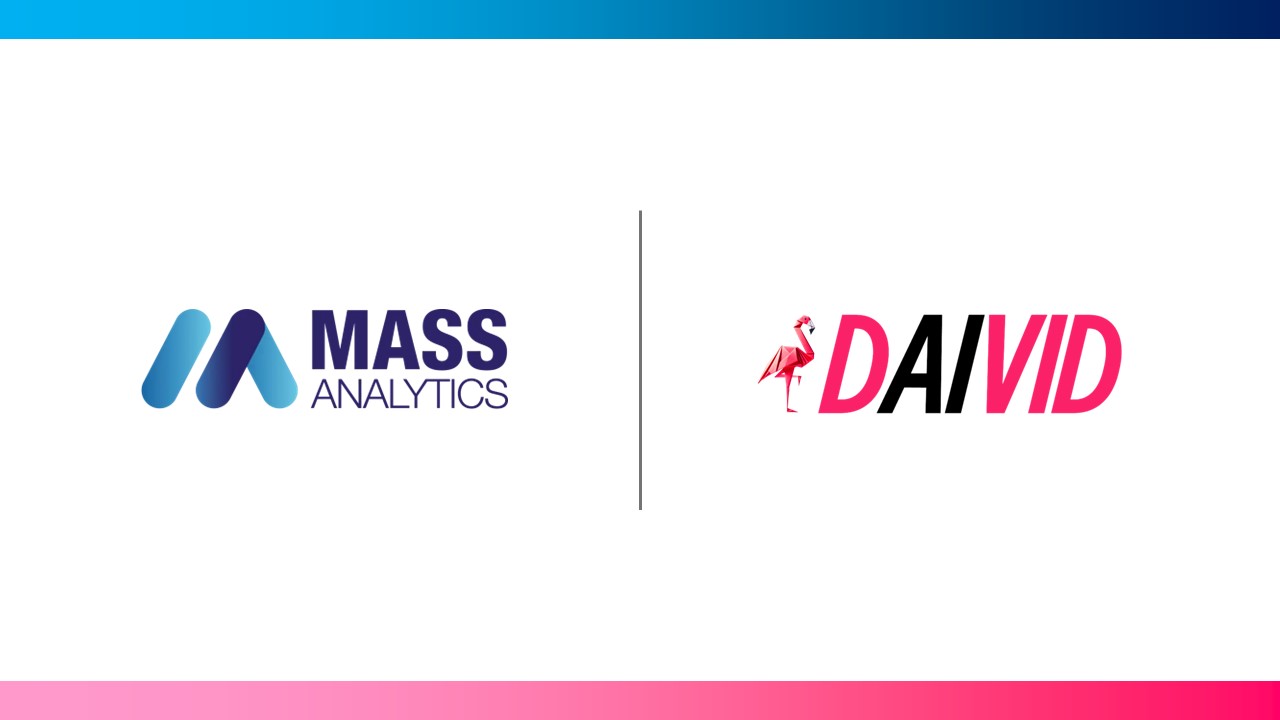A new report – The State of Marketing Attribution 2017, shows the implementation of attribution has risen from 31% to 39% amongst brands and their agencies. Yet, only 30% of those using attribution are acting upon its insights. The report, the output of AdRoll and Econsultancy, found there is a misunderstanding amongst advertisers as to the nature of successful attribution. Surprisingly, most are still using simple models such as last-click attribution or first-click attribution, instead of taking the “holistic and nuanced” approach the report suggests is required.
Nonetheless, 60% of respondents are attempting to have a joined-up approach to attribution; by endeavouring to implement it across all their media channels.
“Only 30% of those using attribution are acting upon its insights”
Barriers to successful implementation of attribution appear to be centred around technology and staffing. According to the report, respondents don’t have faith that their technology will meet their attribution needs, and 77% say they can’t find the right staff. The inability to “create a culture of measurement and accuracy” was apparently cited by 80% of brands and 71% of agencies.
Optimisation of the marketing mix is the Number One goal of attribution. As a result of attribution, there has been a net increase in the numbers raising their ad spend on content marketing (2%), display advertising (4%), paid search (23%), social media marketing / Facebook advertising (36%). Simultaneously, affiliate marketing and email marketing were down 10% and 4% respectively. These figures, of course, mask the real budgets as they only refer to the numbers of people who said they were going to increase or decrease their budget and do not tell us what those budgets actually are.
Clearly, there is room for agencies and their clients to get much more out of attribution, perhaps by using more powerful models and specialist software and thereby gain a better handle on the effectiveness of their media expenditure.
by Dellistina James, Head of Business Development at Mass Analytics
October 23rd, 2017
Learn more about MassTer, and let us help you uncover the bright side of your marketing ROI. Request your FREE TRIAL now.







